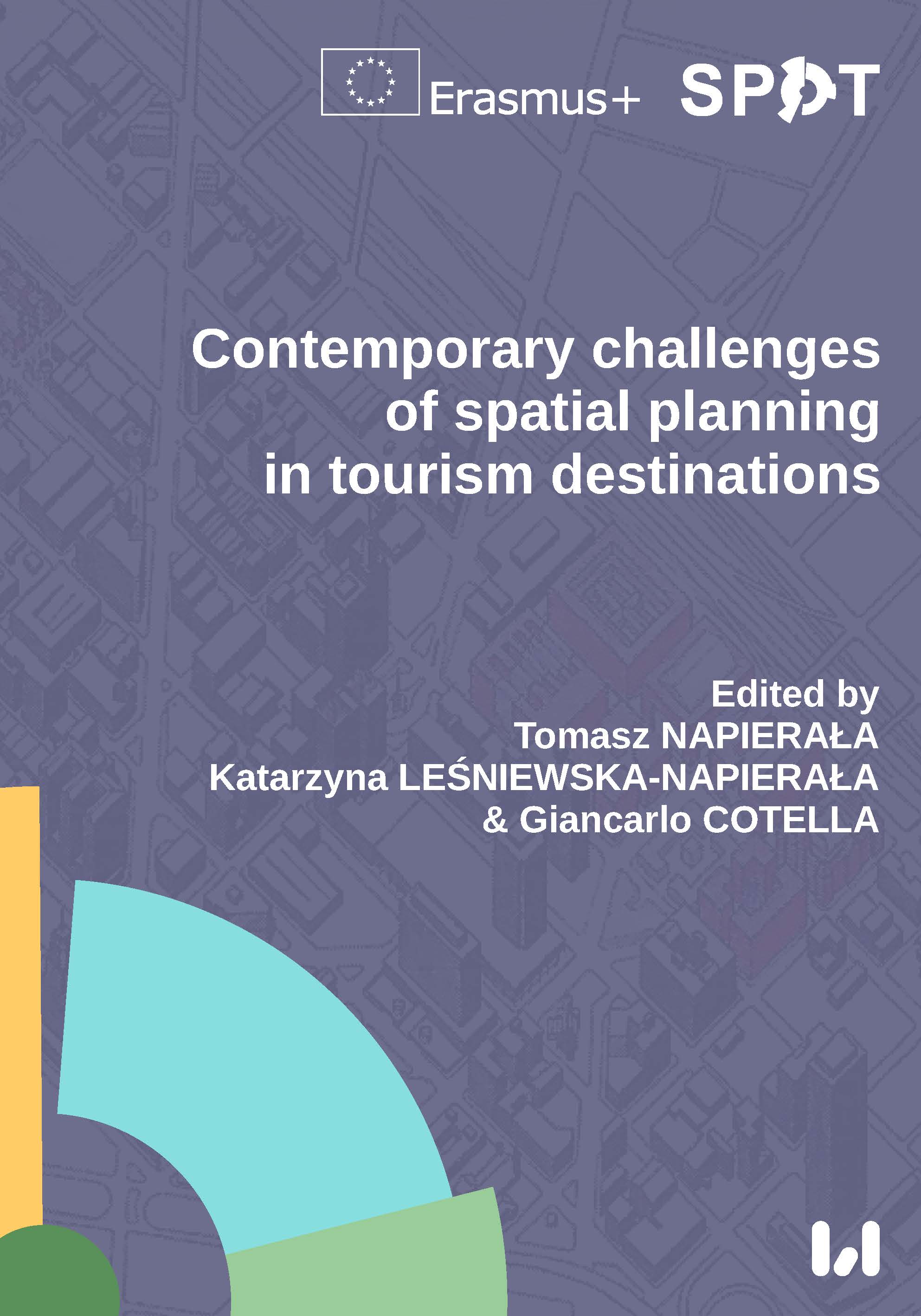The planning system in Portugal
The planning system in Portugal
Author(s): João Paulo Jorge, Verónica Oliveira, Fernanda Oliveira, Luís Lima Santos, Ana Sofia Viana, Cátia Malheiros
Subject(s): Geography, Regional studies, Regional Geography
Published by: Wydawnictwo Uniwersytetu Łódzkiego
Summary/Abstract: Summarizing, territorial planning in Portugal it is important to retain: - One of the great challenges is to direct the development process towards the common good, towards the quality of life of the populations and towards greater sustainability; - It is the State that has a decisive role in terms of planning and ordering, and within the scope of the territorial management system, various entities of the central administration intervene, as well as municipalities; - It was only in the 1980s that a modern land management system began to be implemented; - One of the major milestones in the organization of the planning system in Portugal was the General Basic Law for Spatial Planning and Urban Planning, of 1998, and the Legal Regime of Territorial Management Instruments, of 1999. - Currently, the most important legal framework concerns the General Basic Law for Public Policy on Soil, Spatial Planning and Urban Planning (LBGPPSOTU) in 2014 and the new Legal Regime for Territorial Management Instruments (RJIGT) in 2015; - Territorial management system comprises 4 scales of analysis – national, regional, inter-municipal and municipal, covered by a variety of Programs and Plans; - At the level of Tourism, there is an instrument – Tourism Strategy 2027 – which is the reference for the development of public policies and business strategies in the tourism sector; - Despite the law enshrining the general principle of citizen participation in the planning process, in Portugal there is still a weak adhesion, in the different phases in which they can participate; - Territorial management system established in 1999 was never fully operationalized in all its components; - In order for planning and management to be more effective, it means recognizing the values of the territory, as well as promoting a culture of spatial planning that brings institutions and citizens closer to territorial management instruments.
Book: Contemporary challenges of spatial planning in tourism destinations
- Page Range: 91-110
- Page Count: 20
- Publication Year: 2022
- Language: English
- Content File-PDF

